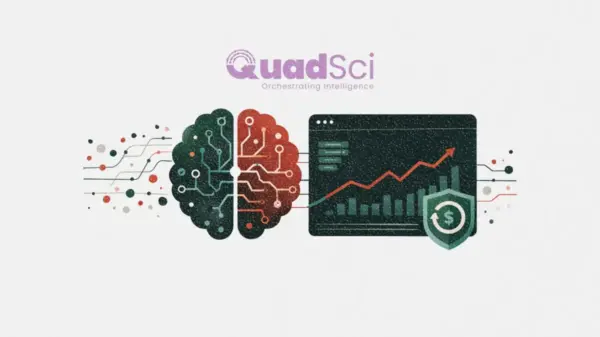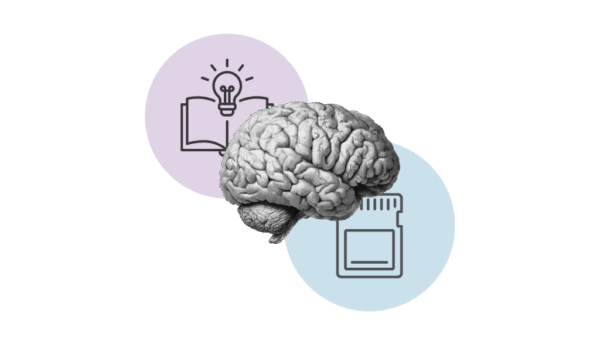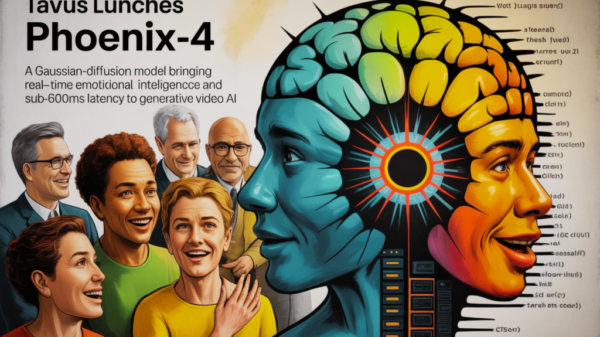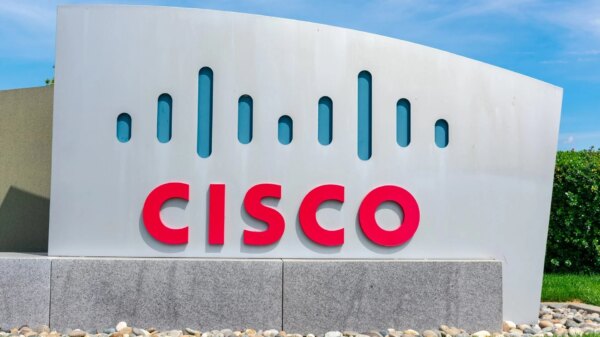Microsoft Corporation (NASDAQ: MSFT) remains a focal point for analysts tracking AI stocks, but recent developments have prompted a reevaluation of its market position. On November 18, Rothschild Redburn downgraded Microsoft’s stock from “Buy” to “Neutral,” slashing the price target from $560 to $500. This decision reflects growing concerns about the sustainability of Microsoft’s growth model amidst shifting dynamics in the AI landscape.
Historically, Microsoft’s cloud platform, Azure, has been a significant driver of the company’s revenue, contributing over half to its overall growth. This focus on cloud services has allowed investors to prioritize Azure’s strong performance, often overshadowing potential challenges related to generative AI (GenAI) functionalities in the Office 365 suite.
Challenges in AI Economics
Despite Azure’s success, Microsoft faces a two-fold challenge that raises questions about future profitability. Firstly, the financial model for generating revenue from AI has become markedly more capital-intensive. According to Rothschild Redburn, it now requires nearly six times more capital expenditure to generate the same value as traditional cloud services. This trend towards increased capital intensity poses a risk to Microsoft’s long-term cash flow prospects.
“Firstly, value creation from Gen-AI-related revenues is far lower than under traditional cloud 1.0 economics. It now takes roughly six times more capex to generate the same level of value, making the business structurally more capital-intensive and weighing on long-term cash flow potential, with no clear end in sight,” the report noted.
The second concern involves potential “value leakage” within the Office 365 suite. As Microsoft integrates third-party models from companies like OpenAI and Anthropic, there is a significant risk that the value generated may shift away from Microsoft itself. This shift could undermine its competitive edge and impact revenue streams associated with Office 365.
“Secondly, we see value leakage within Office 365, as the integration of third-party models such as OpenAI and Anthropic shifts value away from Microsoft,” the report continues.
While Rothschild Redburn acknowledges that Microsoft is still a “key beneficiary” of the GenAI trend, these structural issues have compounded to warrant a downgrade. The firm’s reassessment indicates that while Microsoft is often viewed as a solid investment, certain AI stocks may present a greater upside potential with less downside risk.
For investors seeking alternatives in the AI sector, there are opportunities that could capitalize on recent trends, such as the onshoring movement and the effects of Trump-era tariffs. Details on these potential investments can be found in their report on the best short-term AI stock options.
As the AI landscape continues to evolve, it is crucial for stakeholders to remain vigilant and informed. The implications of Microsoft’s recent downgrade may extend beyond just stock performance, potentially signaling broader trends within the AI market that could influence future investments and technological advancements.
READ NEXT: 10 AI Stocks in the Spotlight This Week and 10 AI Stocks Investors Are Watching.
Disclosure: None.
See also AI Market Set to Soar: Projected Growth from $345.8B in 2025 to $2T by 2032
AI Market Set to Soar: Projected Growth from $345.8B in 2025 to $2T by 2032 Hugging Face’s Clem Delangue Warns of Imminent LLM Bubble Burst Impacting AI Landscape
Hugging Face’s Clem Delangue Warns of Imminent LLM Bubble Burst Impacting AI Landscape Google DeepMind Launches First AI Research Lab in Southeast Asia, Strengthening Regional Innovation
Google DeepMind Launches First AI Research Lab in Southeast Asia, Strengthening Regional Innovation Bharath Lakshman Recognized by Marquis Who’s Who for AI Innovations at AWS
Bharath Lakshman Recognized by Marquis Who’s Who for AI Innovations at AWS Cohere CEO Aidan Gomez Predicts AI Will Disrupt 50% of White-Collar Finance Jobs
Cohere CEO Aidan Gomez Predicts AI Will Disrupt 50% of White-Collar Finance Jobs






































































